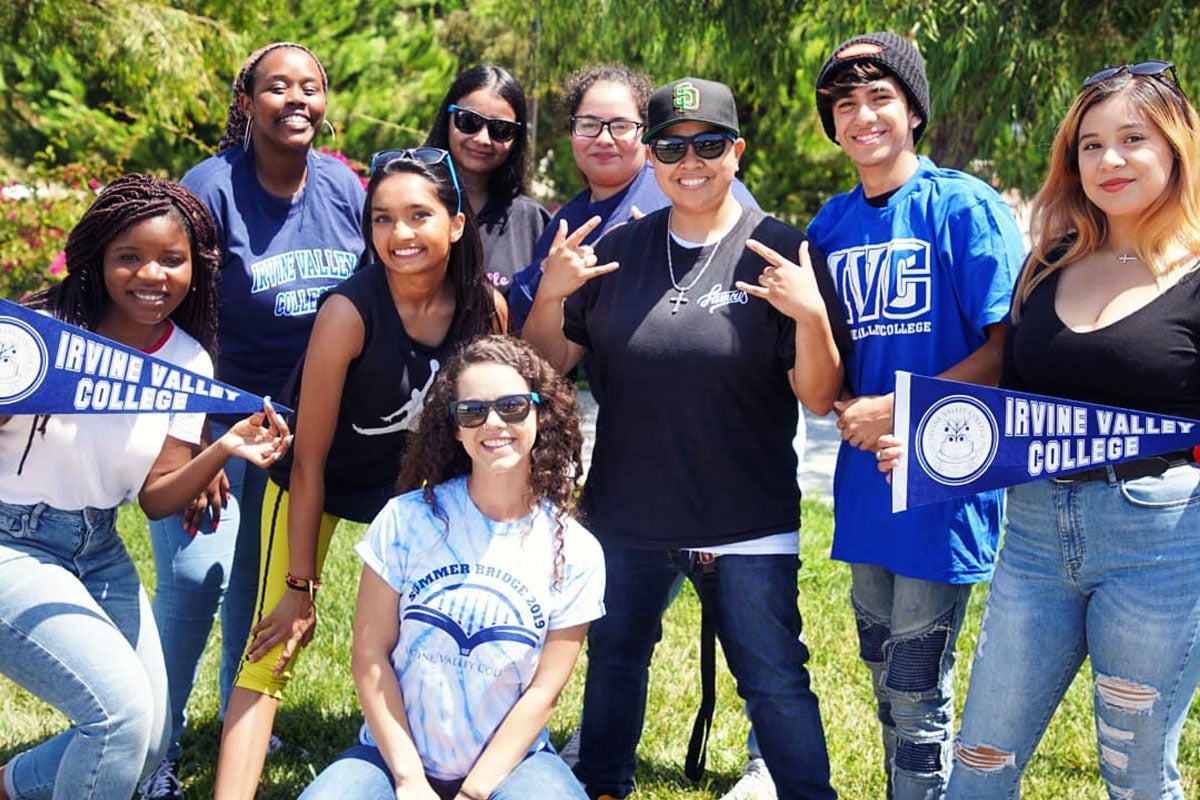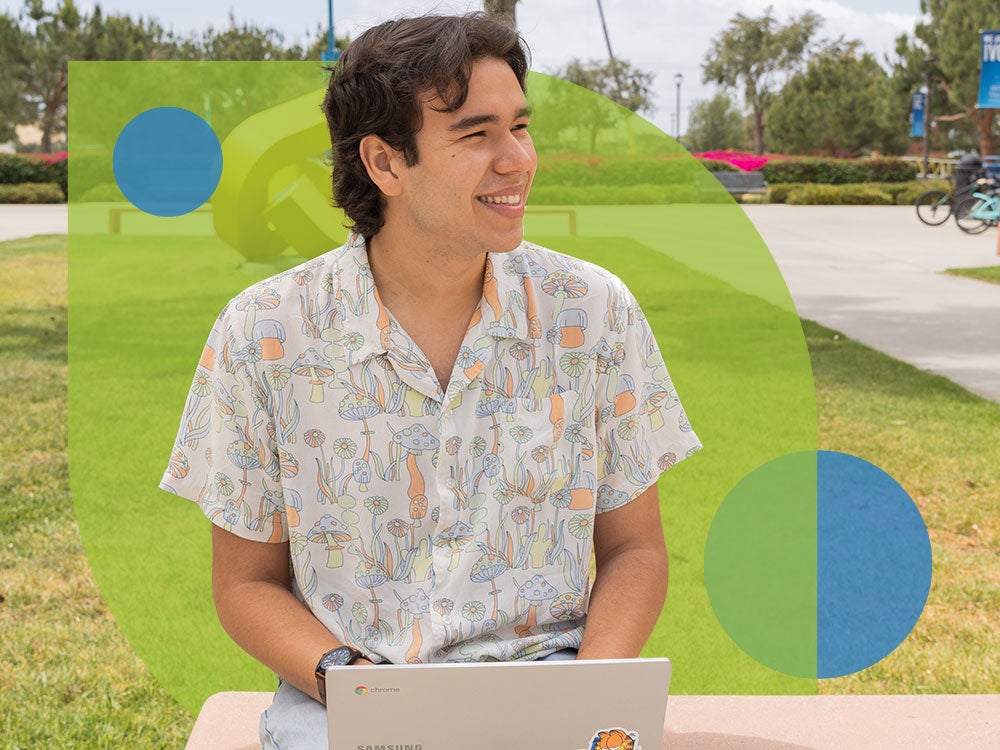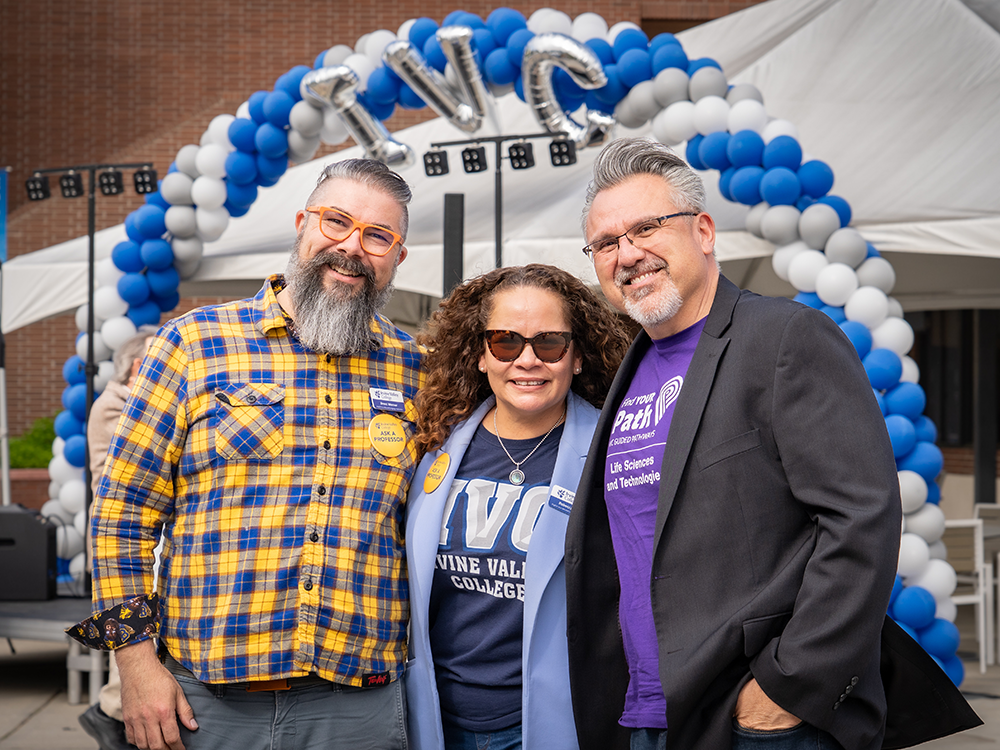Our spring President's Opening Session presentation: Beyond the Finish Line: Building Pathways to Student Success will address the question: Why should we care about economic mobility for community college students? For many of our students, attending community college is a transformative pathway—empowering them to lift their families out of poverty and attain a better quality of life. After all, isn’t this one of the core expectations of postsecondary education?
Community colleges are often hailed as engines of economic mobility; however, the question remains: how do we measure this outcome? We frequently make these claims as though they are universally true, yet do we have concrete evidence to support them? Are we confident that our educational programs effectively help graduates achieve these outcomes?
Moreover, public skepticism surrounding higher education is growing. Concerns about cost, student debt, and the perceived disconnect between degrees and employment in related fields continue to challenge our value proposition as educators.
This is why it is essential to understand and articulate why economic mobility matters—how it connects to our equity efforts and is embedded within our mission. Yet, as of now, we lack the consistent data and confidence to definitively say we are achieving this goal.
What we do know is that an associate degree generally leads to higher earning potential than a high school diploma, and a bachelor’s degree typically exceeds the earning potential of a two-year degree. However, beyond these generalizations, our understanding of post-graduation outcomes is limited—particularly for students who transfer to four-year universities.
This gap in knowledge underscores the importance of recent efforts by the Accrediting Commission for Community and Junior Colleges (ACCJC). Their white paper, Navigating the Value Landscape for Accreditation, emphasizes the need for educational institutions to evaluate students’ post-graduation economic outcomes as part of their mission to prepare students for the workforce or further academic study.
Our keynote speaker, Dr. Kimberly Lowry, will delve into how IVC can adopt and embrace the principles of the next generation of Community Colleges to build on our achievements and deliver even stronger post-completion outcomes for our students. This presentation will inspire our campus community to reimagine our roles and embrace the future by transitioning to a forward-thinking model. This approach aligns institutional processes with student success beyond graduation, ensuring that IVC continues to lead in advancing student achievement and regional development.
This work offers a valuable framework for understanding the connection between our mission, equity, and economic mobility. To move forward, we must be deliberate in identifying meaningful metrics, collecting actionable data, and demonstrating how our programs create pathways to economic opportunity for all students.
I look forward to welcoming you at the President’s Opening Session on January 7, 2025, as we explore this important topic.
Best,
John





